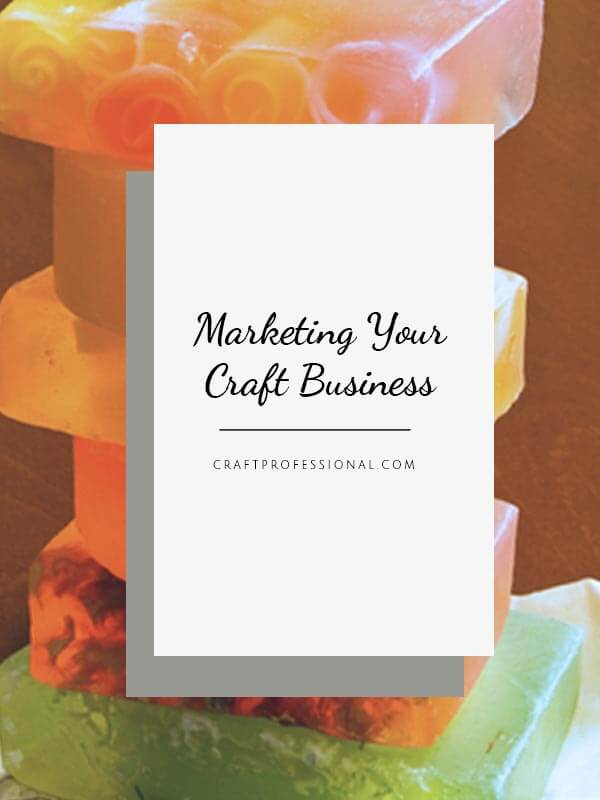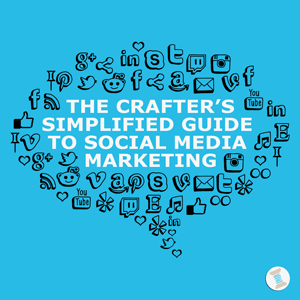Market Your Craft Business
When you are deciding how to market your craft business, you will need to take the time to consider how well your strategies fit with the type of products you have and the expectations of your customers.
If your strategies to market your business do not match with your product and your customers' expectations, you will just confuse your potential customers.
Here's an example:
A one hundred and fifty dollar artisan necklace is not likely to sell at a flea market where people are looking for five dollar bargains. It just doesn't fit with a venue where people are not in the mindset to spend one hundred and fifty dollars on a single item.
Alternatively, you may also really struggle to sell the same one hundred and fifty dollar necklace in a more appropriate venue if you have it priced at fifty dollars, or if you have it displayed amid piles of other necklaces, thus taking away from the sense of uniqueness that buyers of artisan work appreciate.
On the surface, these two strategies may seem to encourage sales. In the first example at the flea market, you may feel you have gained an advantage by positioning yourself where there is very little similar competition. In the second example where the necklace has a very low price, you may feel you are encouraging sales by giving your customers a price break and many choices.
Unfortunately, it doesn't come across that way to customers. The only thing those strategies actually accomplish is to create cognitive dissonance in the minds of your potential customers.

Cognitive dissonance is a feeling of discomfort caused by conflict between what your customer believes to be true - that your necklace is special, valuable and unique, and other information that is available - that your necklace is being sold at a flea market or that your necklace costs far less than your customers think it should cost. Customers can't reconcile these conflicting ideas, so their next thoughts are that there must be something wrong with the necklace, maybe the gemstones aren't real, or maybe the necklace isn't really that special.
Then you lose the sale.
Believe it or not, there is some subtle psychology that can be connected to craft marketing. It is important to determine what your company image will be and how you will communicate that image at every point of contact with your customers. Meet their expectations with a consistent marketing message and build your strategies to market your craft business with your customers' expectations in mind.





New! Comments
Have your say about what you just read! Leave me a comment in the box below.